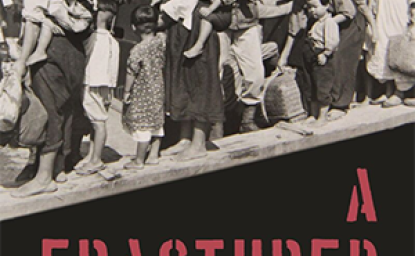#122 El Trabajo Indigena en los Andes: Teorias del Siglo XVI

By Nicolás Sanchez-Albornoz
Abstract
This paper discusses the theories that helped to shape the colonial labor system in the Andean region. Christian and humanistic views within Spain on wage labor and social utility are reviewed first. Under the influence of these opinions, the Crown soon prevented Indian slavery and restricted the serfdomlike servicios personales imposed upon the Indians by the encomenderos. During the second half of the sixteenth century, the Crown rather consistently favored individual wage labor hired in an open market (including, according to a law of 1601, whites, blacks, and mestizos). Opposition in Peru to the 1549 laws opened a local search for a viable system. Acknowledging how deep a cultural gap still separated Indians from Spaniards, several Peruvian civil servants favored indigenous collective practices as at least a transitional step. In a similar vein, Viceroy Toledo institutionalized state labor drafts in an Incalike collective fashion for the mines (mita). Others argued t hat the Indians were lazy by nature, and-- under the rationale of social utility and the requirements of imperial security at a time of global confrontation--advocated compulsory hiring, forcing the central government to back off from free hiring. A full transfer of the metropolitan labor system and views on labor was hampered by local conditions, but labor theorfues prevailing within the metropolitan government secured in the Andes the notion of labor as a commodity with a monetary exchange value, even if Spain was unable to prevent compulsory recruitment.

Latin America Program
The Wilson Center’s prestigious Latin America Program provides non-partisan expertise to a broad community of decision makers in the United States and Latin America on critical policy issues facing the Hemisphere. The Program provides insightful and actionable research for policymakers, private sector leaders, journalists, and public intellectuals in the United States and Latin America. To bridge the gap between scholarship and policy action, it fosters new inquiry, sponsors high-level public and private meetings among multiple stakeholders, and explores policy options to improve outcomes for citizens throughout the Americas. Drawing on the Wilson Center’s strength as the nation’s key non-partisan policy forum, the Program serves as a trusted source of analysis and a vital point of contact between the worlds of scholarship and action. Read more




